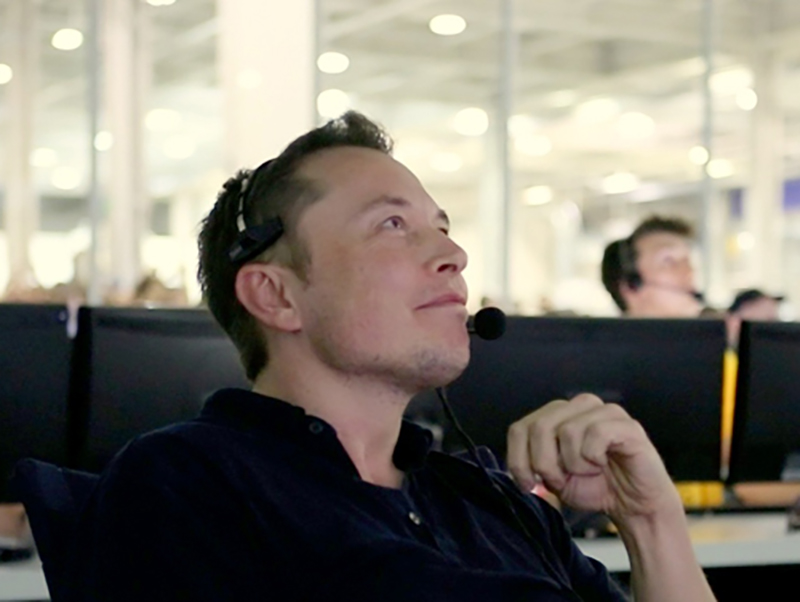South Korea’s antitrust regulator is to fine Tesla 2.8 billion won ($2.2m, £1.8m) for breaking advertising law by failing to tell buyers about its cars’ shorter driving range in cold weather.
The Korea Fair Trade Commission said on Tuesday Tesla had exaggerated the “driving ranges of its cars on a single charge, their fuel cost-effectiveness compared to gasoline vehicles as well as the performance of its Superchargers” on its official Korean-langauge website until recently.
The carmaker changed materials related to the matter on the site in February when the commission started an inquiry.
The regulator said Tesla cars’ range drops in cold weather by up to 50.5 percent compared with their advertised range.

Range loss
Tesla’s site provides information for how to use its cars in winter, with tips such as using an external power source to pre-condition the car, but the KFTC said did not mention the loss of range in sub-zero temperatures.
The regulator said it would levy an additional fine of 1 million won on Tesla for violating the Electronic Commerce Act, saying Tesla didn’t provide enough information to buyers on its cancellation policy.
All electric vehicles lose range in freezing conditions due to the cold’s inhibiting effect on batteries’ chemical reactions.
Electric vehicles must also generate their own heat to keep passengers warm, unlike petrol-powered cars, which make use of excess heat released by the engine.
Cold winters
A December 2022 study by electric vehicle analysis firm Recurrent Auto found that Tesla cars’ range degradation in freezing temperatures was comparable to that of other EVs.
However, electric vehicles remain popular in countries with cold winters, such as Norway, where four of five vehicles sold last year were battery-powered, with Tesla being the top seller.
As of the end of September Tesla had sold 45,812 vehicles in South Korea since beginning sales in 2015, according to the transport ministry, making it the third-biggest green car brand in the country, with a market share of 13 percent, after Hyundai Motor and its unit Kia.





